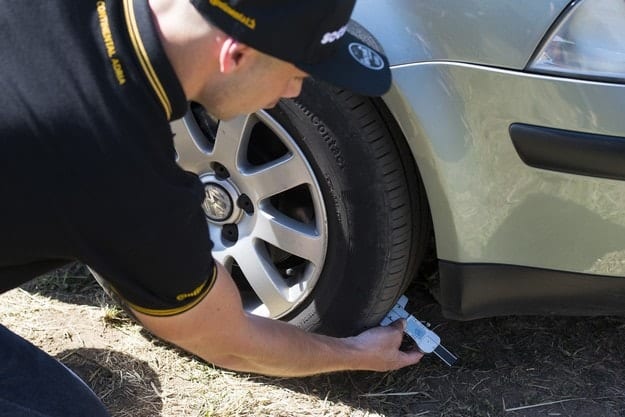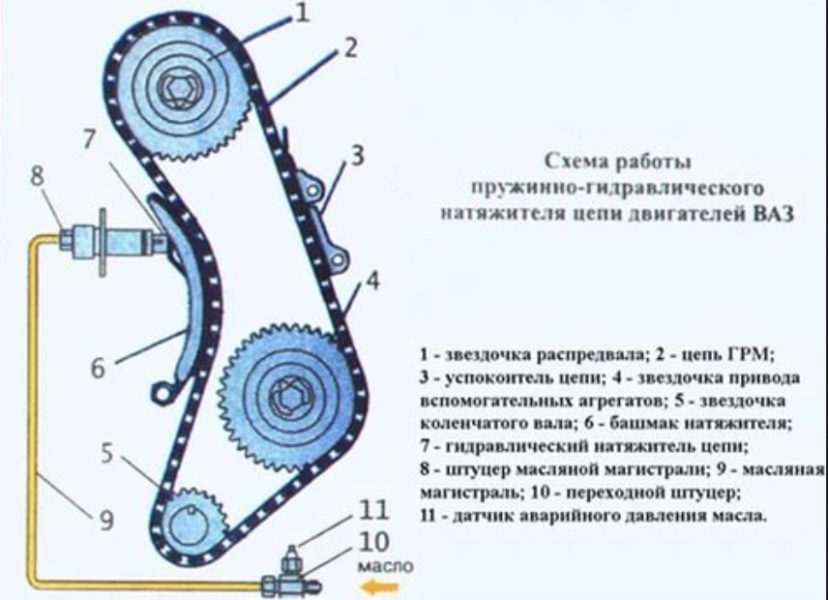
Why not ride with winter tires in summer
As the temperature rises, it's time to think again about replacing winter tires with summer tires.
The worldwide state of emergency due to COVID19 should not be an excuse not to travel safely. With the temperature gradually rising outside, it's time to think again about replacing winter tires with summer ones. Like every year, it's a good idea to apply the "seven-degree rule" - when the outside temperature rises to around 7°C, you need to put on your summer tires again. If it's safe for you and everyone on the shift, you should consider scheduling an appointment with your local tire dealer or service center.
As life sooner or later returns to a (somewhat) normal daily life, it is important that your car is ready for spring and summer. Luca Shirovnik, Continental Adria's customer service manager, shares why it is important to travel with the right tires for the warmer part of the year and what are the reasons for replacing tires:
- Summer tires provide greater safety during the summer season
They are made of special rubber components, which are more difficult than winter mixtures. Higher rigidity of the tread profile means less deformation of the blocks in the profile. During the summer season (characterized by higher temperatures), this leads to better handling than winter tires, as well as reduced braking distance. This means that summer tires provide greater safety during the summer season.
- They are environmentally friendly and economical.
Summer tires have lower rolling resistance than winter tires. This improves efficiency and therefore reduces fuel consumption, making these tires more environmentally friendly and economical – both for the planet and for your wallet.
- Reduce noise
Thanks to many years of experience, Continental can say that summer tires are also quieter than winter ones. The tread profile in summer tires is much tougher and has less material deformation. This reduces noise and makes summer tires a much better choice when it comes to driving comfortably.
- Durability at high temperatures
Also, summer tires are made of rubber compound, which is designed for a wider range of temperature and road conditions. Driving with winter tires on minor and tertiary roads where there are small stones can break small and large pieces of tread. Winter tires are much more susceptible to mechanical damage due to their soft material.
Shirovnik also notes that more and more people are interested in all-weather tires. Although he recommends them to those who travel a little (up to 15 km per year), use their car only in the city, live in places with mild winters or do not drive regularly in the snow (or stay home when the weather becomes really bad)), he adds unequivocally: “Because of their physical limitations, all-season tires can only be a compromise between summer and winter tires. Of course, they are much better suited for summer temperatures than winter tires, but only summer tires provide the best level of safety and comfort in the summer. "





